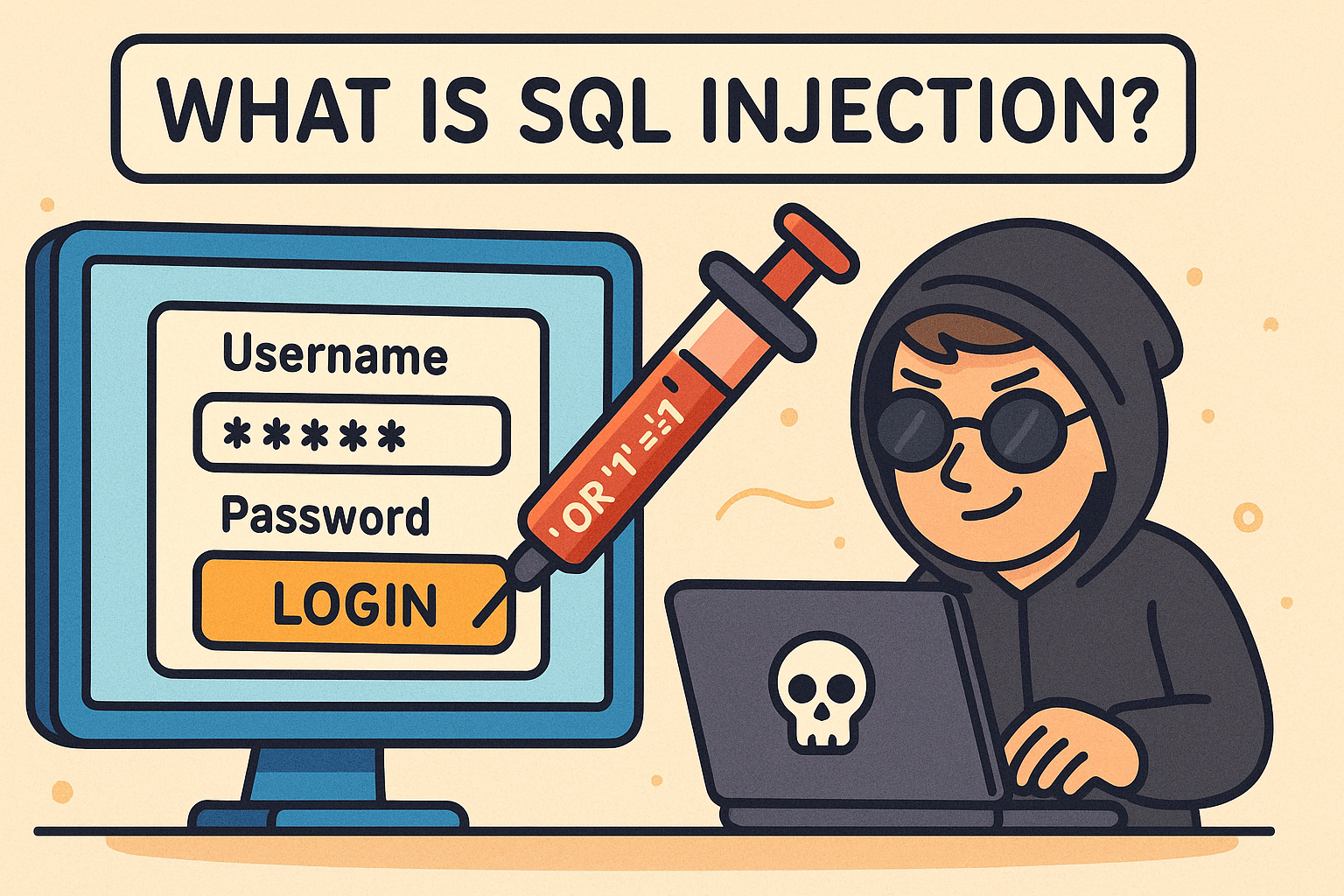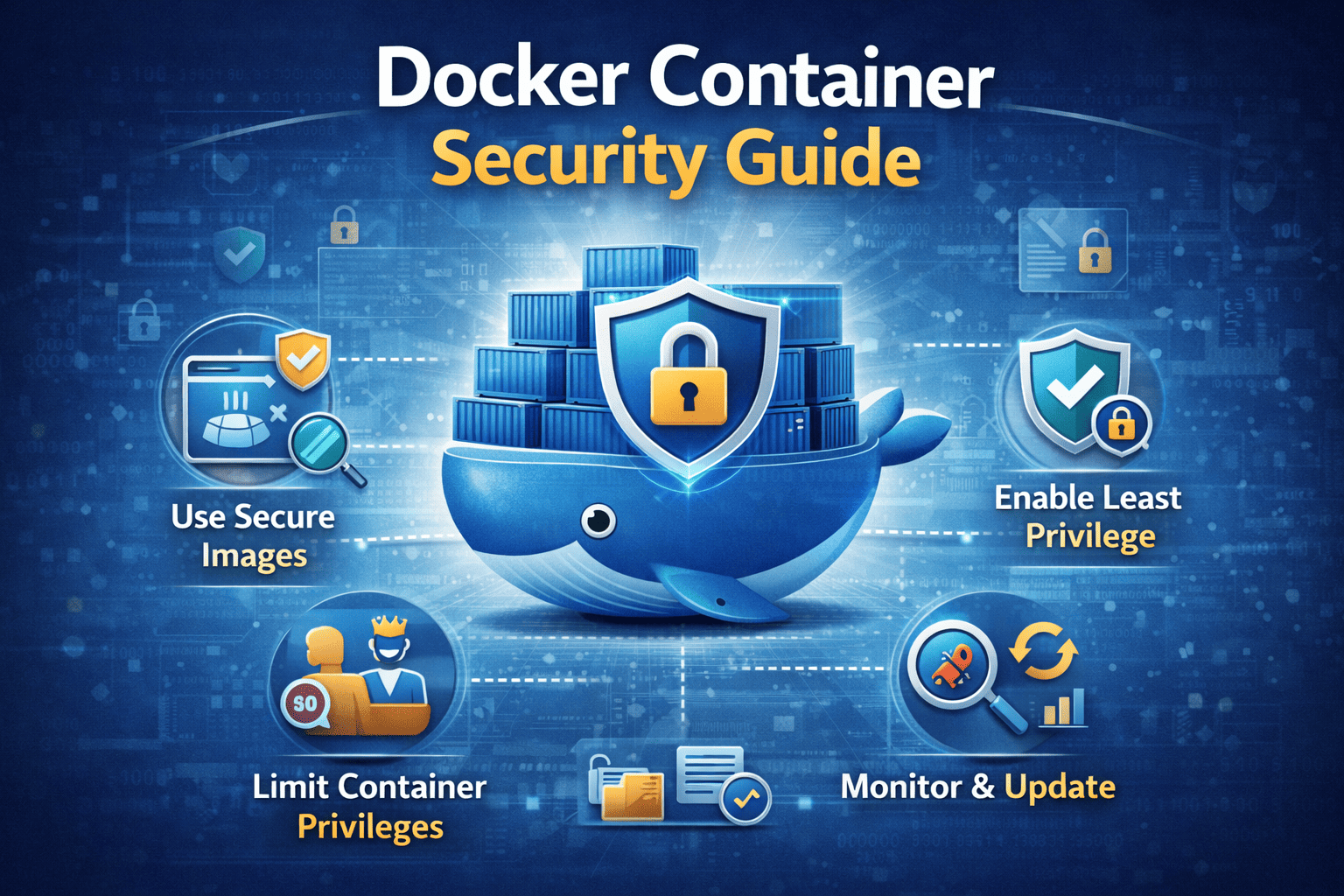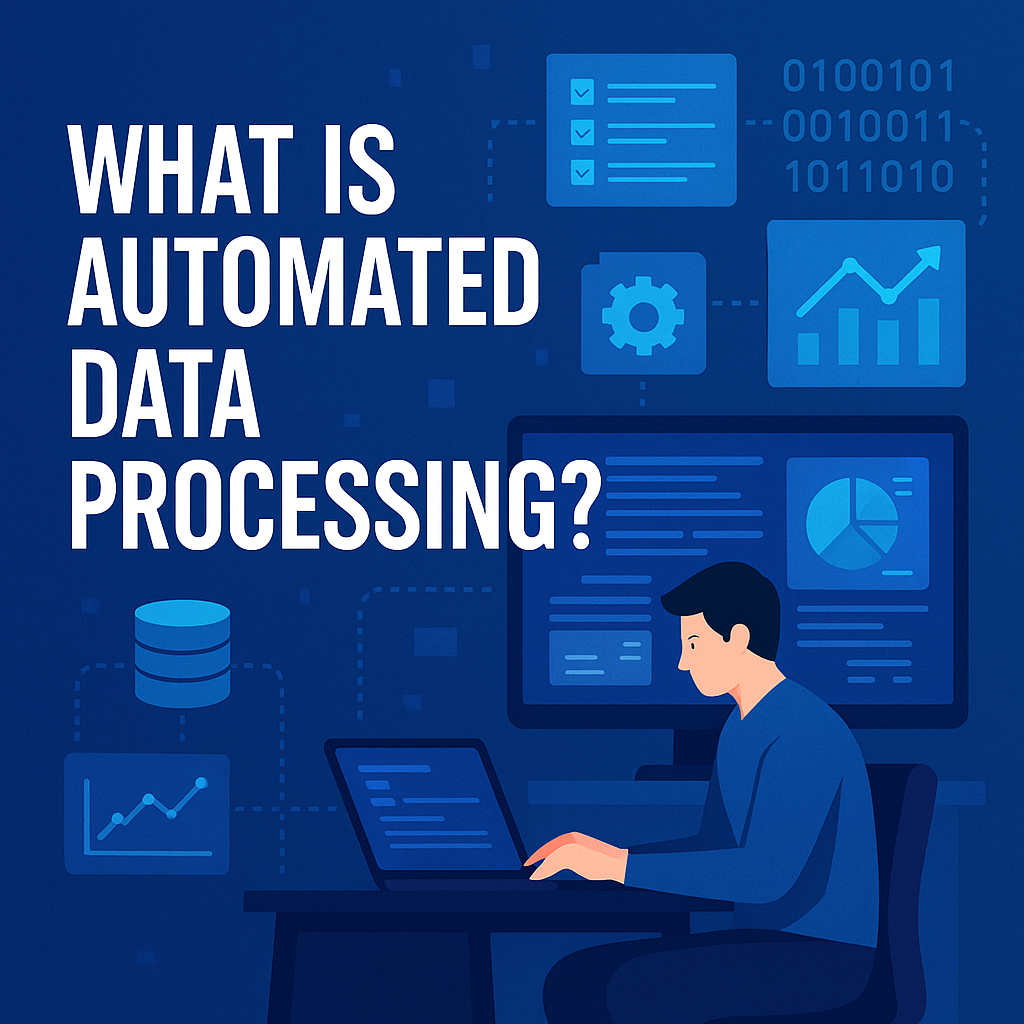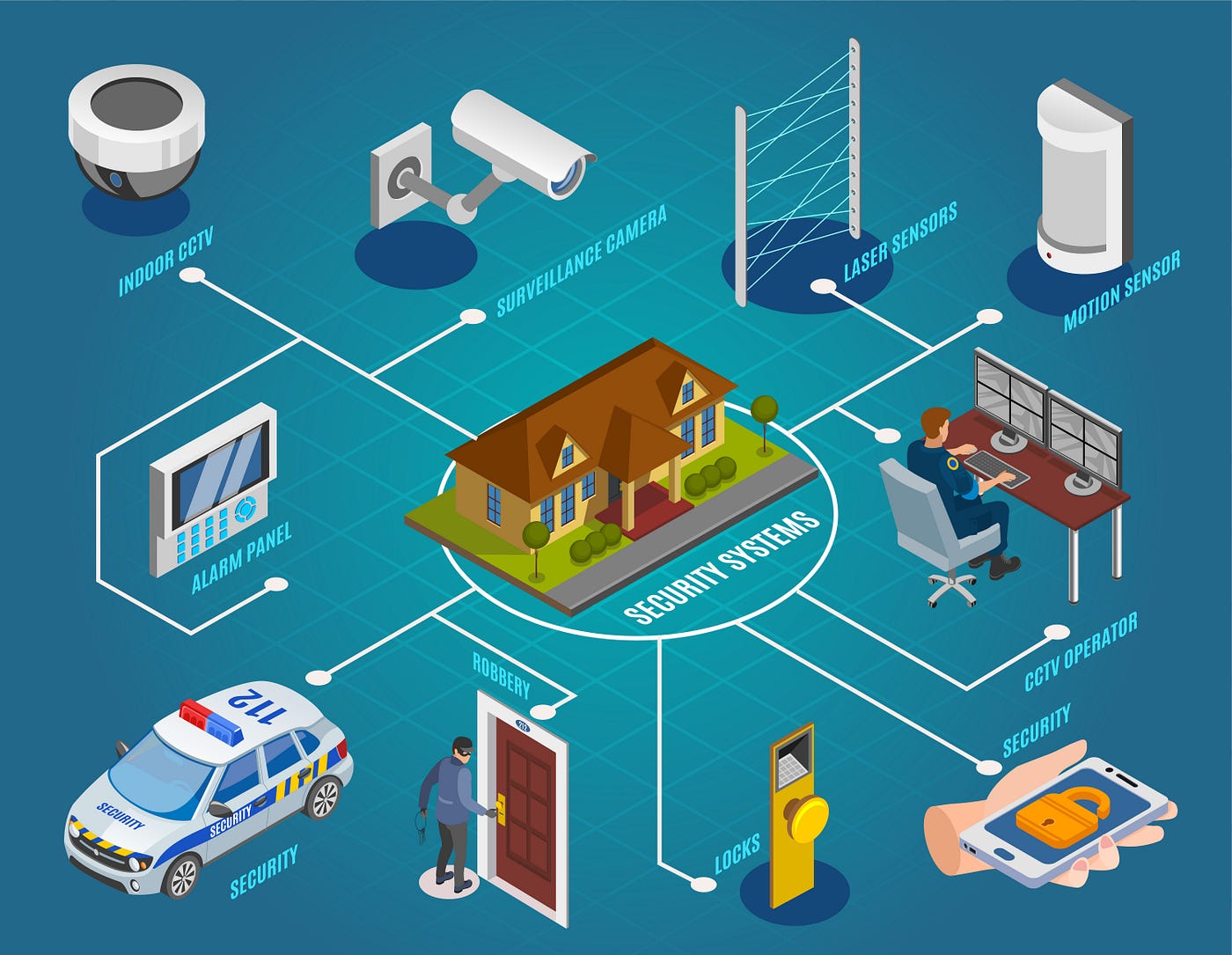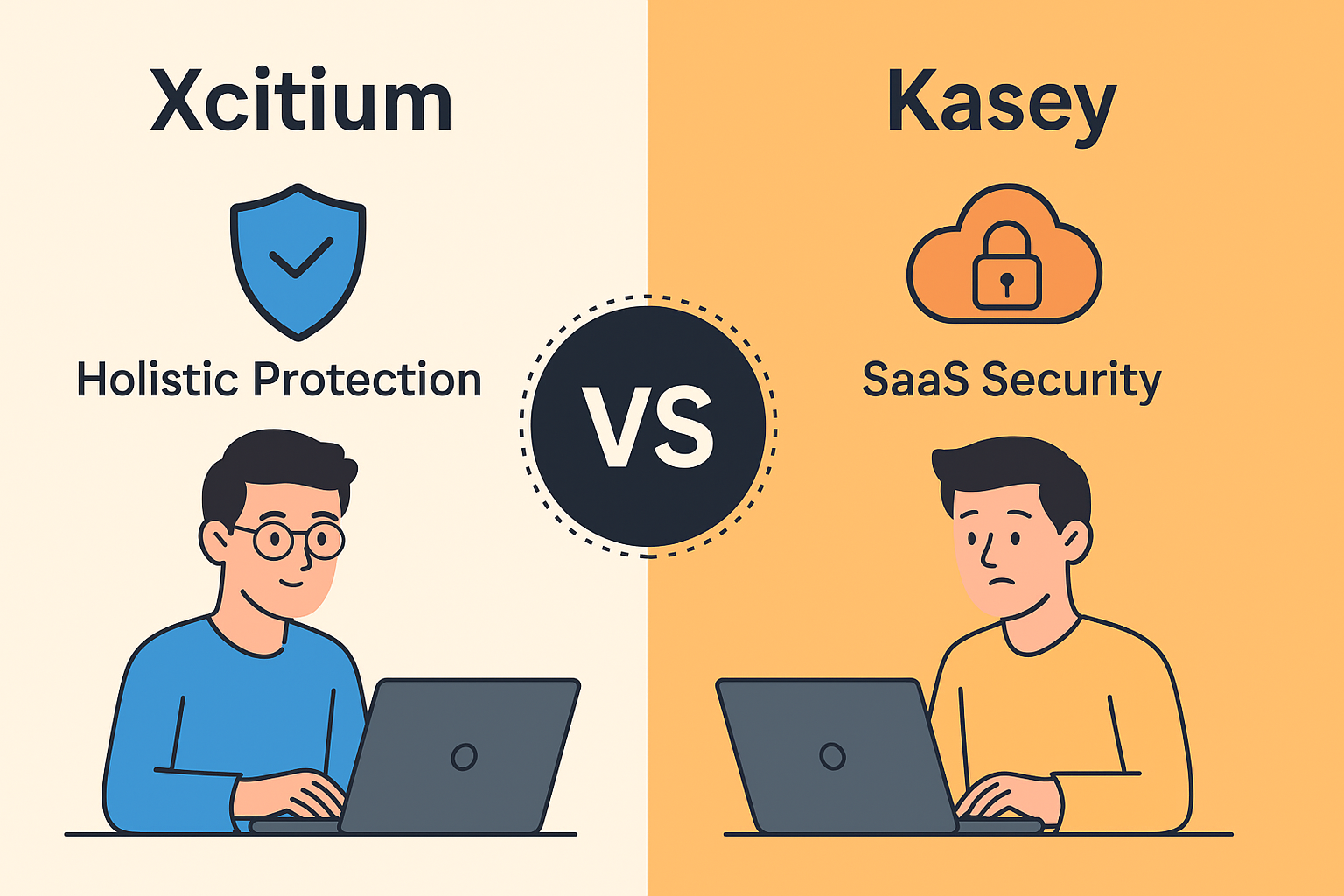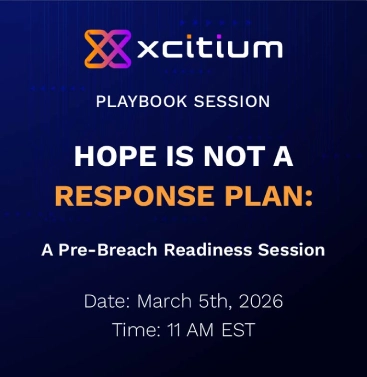Cyber Monday Is What? The Smart Shopper’s & Security Leader’s Guide
Updated on July 30, 2025, by Xcitium
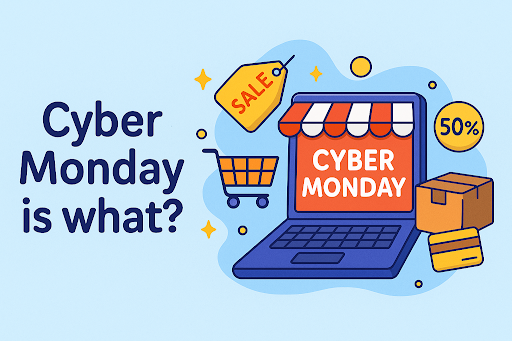
Every year, millions of people rush to grab the best tech, fashion, and gadget deals—but few stop to ask: Cyber Monday is what exactly? Is it just another sale? Or does it represent something bigger—like a growing trend in digital consumption, cybersecurity risk, and e-commerce evolution?
For IT managers, cybersecurity teams, and CEOs, Cyber Monday is more than just deals. It’s a peak time of opportunity and vulnerability. This post breaks down everything you need to know—from history and consumer trends to cybersecurity best practices for the season.
Cyber Monday Is What? Origins and Evolution
Cyber Monday is the first Monday after Thanksgiving, created as an online counterpart to Black Friday. The term was coined in 2005 by the National Retail Federation to promote e-commerce at a time when most consumers still shopped in stores.
Unlike Black Friday, which thrives on in-person chaos, Cyber Monday encourages you to shop online from anywhere—work, home, or your phone.
📊 In 2023, Cyber Monday hit a record $12.4 billion in online sales in the U.S. alone.
When Is Cyber Monday in 2025?
Cyber Monday 2025 will fall on Monday, December 1. Mark your calendars—it’s expected to be one of the largest online shopping events in history.
Why Cyber Monday Matters to the Tech Industry
Beyond sales and traffic spikes, Cyber Monday is a reflection of how digital culture is reshaping commerce.
🚀 E-Commerce Innovation
Retailers roll out exclusive online-only discounts across categories like electronics, fashion, gaming, and SaaS tools.
🔐 Cybersecurity Stakes
Hackers love Cyber Monday. With millions of transactions per minute, phishing emails, fake websites, and credential stuffing attacks rise exponentially.
💼 Enterprise Infrastructure
Companies in hosting, cloud, and cybersecurity must scale and secure systems in real time to handle the surge.
Top Cyber Monday Product Categories
These product types consistently trend during Cyber Monday:
- 💻 Laptops and Desktops
- 📱 Smartphones and Smartwatches
- 🎧 Headphones and Speakers
- 📷 Cameras and Drones
- 🖥️ Monitors, Keyboards, and Gaming Gear
- 🛠️ Software & SaaS Subscriptions (e.g., VPNs, Password Managers)
Cybersecurity Risks During Cyber Monday
While consumers hunt for bargains, bad actors hunt for data. Here’s how:
1. Phishing Scams
Fake emails mimicking retailers like Amazon or Apple lure users into entering personal and payment data.
2. Malicious Ads (Malvertising)
Cybercriminals inject fake ads on legitimate sites to redirect users to malware-laced pages.
3. Credential Stuffing Attacks
Stolen credentials from past breaches are tested across thousands of websites during Cyber Monday chaos.
4. Fake E-Commerce Sites
Lookalike domains are created to steal money or install spyware.
Tips to Stay Safe on Cyber Monday
For businesses and consumers alike, here’s how to protect yourself:
✔️ For Consumers:
- Only shop from trusted, HTTPS-secured websites
- Use multi-factor authentication on accounts
- Avoid clicking on email links—go to the site directly
- Use virtual credit cards or digital wallets
🛡️ For IT Managers and Cybersecurity Pros:
- Monitor traffic for DDoS and bot activity
- Implement Web Application Firewalls (WAF)
- Scan for newly registered phishing domains
- Ensure patches and SSL certificates are updated
How IT Leaders Can Prepare for Cyber Monday
1. Stress Test Systems
Simulate high loads to prevent outages and performance bottlenecks.
2. Update Security Policies
Ensure your incident response team is briefed and protocols are ready.
3. Educate Employees
Run phishing awareness training to prevent social engineering attacks.
4. Enable Monitoring and Alerting
Use SIEM tools and endpoint protection to detect anomalies early.
Real-World Example: A Cyber Monday Security Win
A leading SaaS provider scaled up their cloud firewall and added real-time traffic monitoring for Cyber Monday. When bot traffic surged from Southeast Asia targeting their login page, their anomaly detection system flagged it, blocked the IPs, and avoided a data breach—all without downtime.
💡 Lesson: Cyber Monday prep isn’t just for retailers—it’s for every digital business.
Cyber Monday and the Future of Online Shopping
Cyber Monday isn’t slowing down. In fact, with the rise of:
- AI-driven product recommendations
- Voice-assisted shopping (Alexa, Siri)
- Mobile-first transactions
- Crypto & blockchain integrations
…Cyber Monday is a marker of how tech, security, and consumer behavior intersect.
Is your digital infrastructure ready for the Cyber Monday surge?
Whether you’re a retail platform or a SaaS company, robust security and performance are non-negotiable.
👉 Request a free cybersecurity demo with Xcitium today
Frequently Asked Questions (FAQs)
1. Cyber Monday is what exactly?
Cyber Monday is an online-focused shopping holiday that occurs the Monday after Thanksgiving, offering deep discounts on electronics, software, and more.
2. Is Cyber Monday only for tech products?
No, while electronics dominate, deals span across home, fashion, fitness, and even software subscriptions.
3. How is Cyber Monday different from Black Friday?
Black Friday includes in-store and online deals; Cyber Monday is exclusively online, often with different promotions.
4. What cybersecurity risks are common on Cyber Monday?
Phishing scams, fake websites, and credential attacks are top threats targeting both consumers and businesses.
5. Can businesses benefit from Cyber Monday?
Absolutely. B2B services, SaaS products, and cybersecurity vendors often run limited-time offers to attract new customers.
Conclusion
Cyber Monday is what modern digital commerce is all about: speed, savings, and cybersecurity. Whether you’re shopping for a smart TV or managing a network with thousands of endpoints, Cyber Monday is both a blessing and a battleground.
Plan smart. Shop safe. Secure everything.
👉 Protect your organization with Xcitium. Schedule your free demo today.





